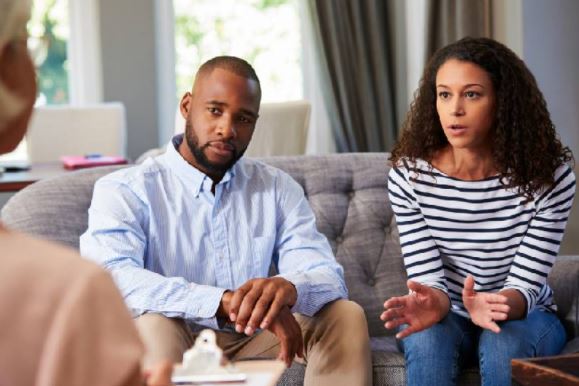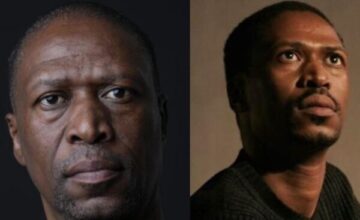
If you’re at your wits end with nowhere to turn to, that could be a major indicator that you need to let a professional in.
The reason why seeing a professional creates a safe space for both partners in a relationship to freely and fairly express their feelings.
This diplomatic channel allows the counselor, therapist or psychologist to identify the main issues and help find suitable solutions to help navigate through those obstacles.
Before we get started get one thing clear, not everyone goes for relationship counseling due to conflict or broken bonds.
Other couples do so to check on the health of their relationship, what they need to build on and to learn how they can continue being better partners for their spouse.
So whichever side of the fence you find yourself sitting on, here are a few things you need to know about relationship counseling.
1. It is affordable
Contrary to what most people think, relationship counseling isn’t expensive. At times, you can even get this professional service for free. If your purse strings are tight, you can visit a church or NGO where they offer free counseling.
You can also request to talk to the pastor or whoever is in charge of a certain religious center and take advantage of having someone help you work through your issues.
2. It helps restore intimacy
As the feelings wear out over time, the excitement and strong attraction that was at the honeymoon stage begin to slowly fade.
If this is not checked, the connection you once had may be lost. You will find couples are coming home too tired or an annoying habit from your partner is keeping you from being intimate.
Once a counsellor is able to understand the root cause, he or she will take you through the process of reconnecting again physically, emotionally and sexually.
3. There is no right or wrong side
There are only two stories from two different people who love each other and that’s all that matters. Despite who did what, when, where, the counselor does not take sides.

